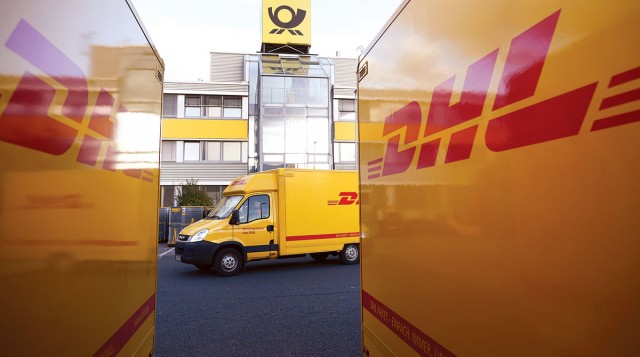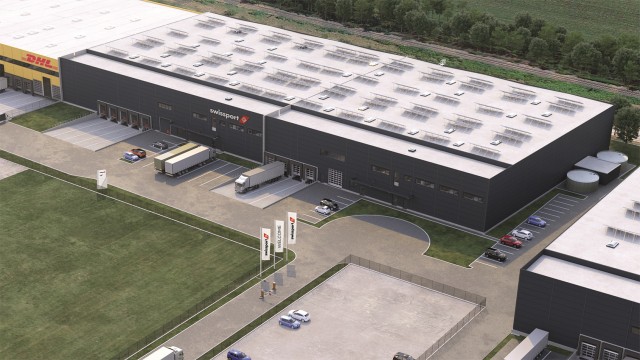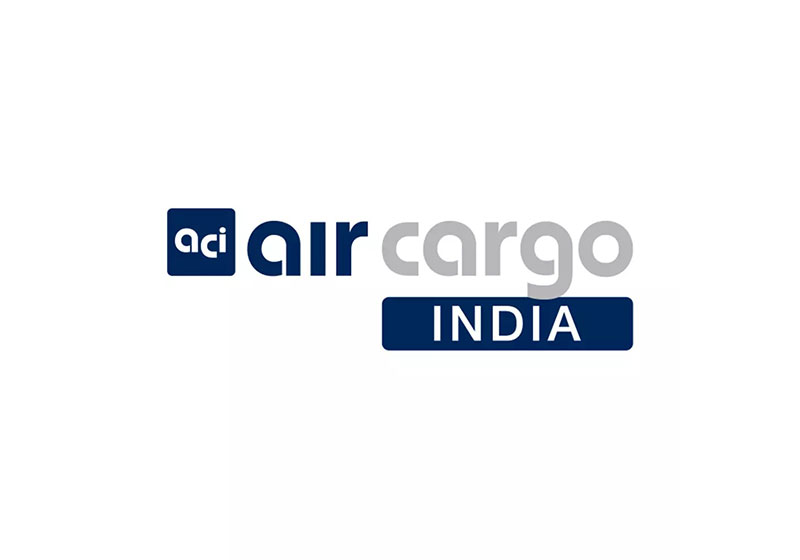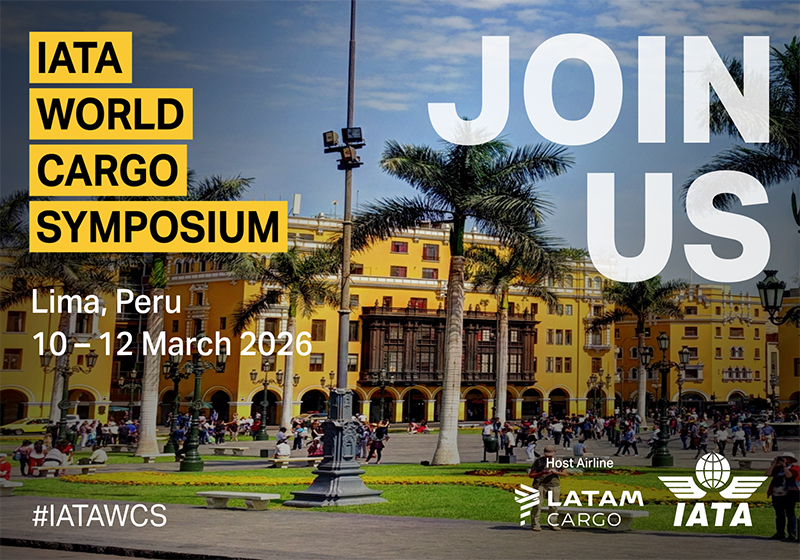Deutsche Post DHL Group is increasing the pace of its planned decarbonization of the company. To this end, the Group is investing a total of EUR 7 billion (Opex and Capex) over the next ten years in measures to reduce its CO2 emissions. The funds will flow in particular into alternative aviation fuels, the expansion of the zero-emission e-vehicle fleet and climate-neutral buildings. Along the way towards its zero emissions target by 2050, which has already been in force for 4 years, the company is committing to new, ambitious interim targets. For example, Deutsche Post DHL Group commits as part of the acclaimed Science Based Target initiative (SBTi) to reduce its greenhouse gas emissions by 2030 in line with the Paris Climate Agreement. The climate targets are part of Deutsche Post DHL Group's new sustainability roadmap, in which the company sets out its ESG goals for the next years. In addition to its commitment to the environment, the Group also defines clear targets and measures in the areas of social responsibility and governance.
The Board of Management and Supervisory Board of Deutsche Post DHL Group will propose to shareholders at the next Annual General Meeting that the remuneration system for the Board of Management will be aligned even more closely with sustainable business development. In the future, the achievement of ESG targets will be taken into account when calculating the remuneration of the Board of Management – a clear signal that the commitment to sustainable business is a top priority at Deutsche Post DHL Group.
"As the world's largest logistics company, it is our responsibility to lead the way and guide the logistics industry into a sustainable future. We are turning our yellow Group into a green company and making an important contribution to our planet and society," says Frank Appel, CEO of Deutsche Post DHL Group. "I am convinced that by focusing even more on our ESG goals, we will remain the first choice for customers, employees and investors – and thus lay the foundation for long-term economic success."
Frank Appel: "Covid-19 has once again reinforced the major megatrends of our time: globalization, digitalization, e-commerce and sustainability – the four drivers of our 'Strategy 2025'. Of these topics, sustainability is the most pressing challenge. With our sustainability roadmap, we are stepping up our efforts and explicitly promoting the Sustainable Development Goals of the United Nations."
In the fight against climate change, Deutsche Post DHL Group is committed to ambitious CO2 reduction targets as part of the Science Based Target Initiative. The Group assumes that its emissions would be around 46 million tons in 2030 without the measures of the new sustainability roadmap. In 2020, emissions were 33 million tons. Today, the company is committed to reducing these annual Group CO2 emissions to below 29 million tons by 2030, despite the expected continued strong growth in global logistics activities.
To achieve this, Deutsche Post DHL Group will invest around EUR 7 billion (Opex and Capex) in climate-neutral logistics solutions by 2030. The expenditures arising from this up to 2023 have already been taken into account in the guidance up to 2023 communicated on March 9. For short distances and the last mile, the Group is continuing to drive forward the electrification of its vehicle fleet. By 2030, 60 percent of global delivery vehicles for the last mile are to be electrically powered, hence more than 80,000 e-vehicles will be on the road. In 2020, the figure was 18 percent.
On longer routes, especially in air transport, electric drives are not an alternative for the foreseeable future. That is why Deutsche Post DHL Group is pushing for the development and use of fuels produced from renewable energies: By 2030, at least 30 percent of fuel requirements in aviation and line haul are to be covered by sustainable fuels. In addition, the group is investing in environment-friendly properties (office space, mail and parcel centers, and logistics warehouses): All new buildings will be climate-neutral.
Frank Appel: "Sustainable, clean fuel alternatives are elementary for climate-neutral logistics in a globalized world. In air transport in particular, these could help reduce CO2 emissions. That's why we will engage even more intensively in initiatives and strengthen cross-industry exchange to develop a global strategy and standards here. One thing is certain: Only by joining forces – across countries and sectors – will we achieve truly sustainable progress in all areas."






